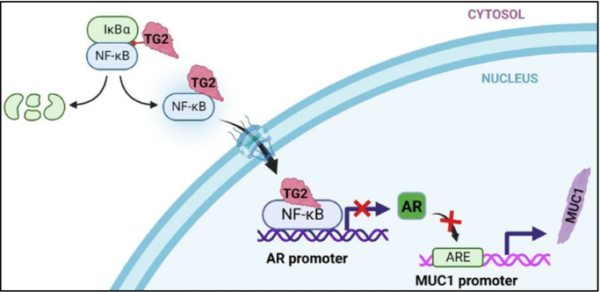In a new study, researchers from Nottingham Trent University in the UK identified how a specific enzyme plays a key role in making prostate cancer more invasive and difficult to treat. They found that this enzyme, called transglutaminase 2 (TG2), which is abundant in many cells of the body, is responsible for driving the process leading to the progression and spread of prostate cancer. The relevant research results have recently…
Prostate Cancer
Research Reveals Drug Targets for Malignant Prostate Cancer

According to a new study published on Oncogene, the compound thymoquinone (TQ) selectively kills prostate cancer cells in the late stages. Led by researchers at Kanazawa University, the study reported that prostate cancer cells with the SUCLA2 gene deletion can be used as therapeutic targets. Prostate cancer lacking SUCLA2 accounts for the majority of hormone therapy or metastatic resistance, so new treatment options for this disease will bring huge benefits…
New Drug Resistance Mechanism Found Through Persevere Research of Prostate Cancer

Most tumor growing can stop after long-time medicine intake, and even it can become smaller or finally disappear. But what made the doctors struggling was that a few months later cancer cells gradually developed resistance and the tumor was once again deteriorating and menacing. Without good second-line anti-cancer drugs, physicians and patients really can do nothing. However, with the persevering efforts of scientists, we have the opportunity to gain the…
